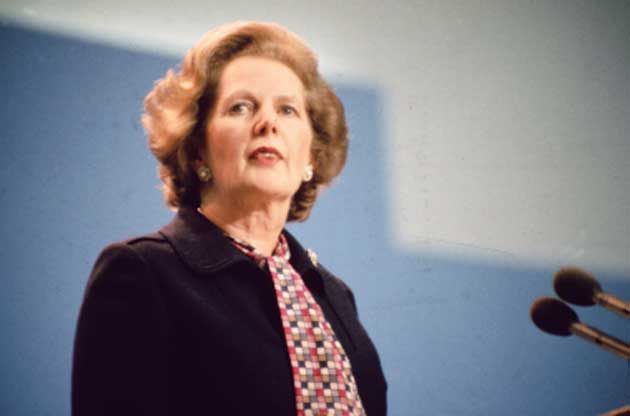30-year official secrets rule may be changed to 15

Your support helps us to tell the story
From reproductive rights to climate change to Big Tech, The Independent is on the ground when the story is developing. Whether it's investigating the financials of Elon Musk's pro-Trump PAC or producing our latest documentary, 'The A Word', which shines a light on the American women fighting for reproductive rights, we know how important it is to parse out the facts from the messaging.
At such a critical moment in US history, we need reporters on the ground. Your donation allows us to keep sending journalists to speak to both sides of the story.
The Independent is trusted by Americans across the entire political spectrum. And unlike many other quality news outlets, we choose not to lock Americans out of our reporting and analysis with paywalls. We believe quality journalism should be available to everyone, paid for by those who can afford it.
Your support makes all the difference.The 30-year rule on government secrets should be changed to 15 years, allowing confidential papers from the Thatcher and Major administrations to be revealed, an official review is expected to recommend.
Secrets behind events such as the miners' strike, the poll tax riots and Black Wednesday may be laid bare as early as next year. A new 15-year rule would also see the battles of the first year of Tony Blair's government revealed in three years' time.
An independent review of the 30-year rule on disclosure of confidential government papers was set up by Gordon Brown in 2007, headed by Paul Dacre, editor of the 'Daily Mail'. The review team reported to the Prime Minister last year. Its findings are to be made public this month.
When the review began it was predicted the term could be cut to 20 years, but there is now speculation that it will propose 15. This timescale may seem too close for comfort to Mr Brown, who can overrule the findings. If he won the next election he could find himself in power as secrets about his clashes with Mr Blair were made public.
Confidential documents from 30 years ago are released every year by the national archives in Kew. A change would shed light on the period between 1979 and 1994, including the Falklands War and Westland helicopter affair.
Shami Chakrabarti, director of Liberty, said: "It is ironic that when it comes to personal privacy it is a case of the Government saying you have nothing to fear, but when you apply that rationale to the idea of secrecy in Government it would seem it has rather a lot to hide."
Join our commenting forum
Join thought-provoking conversations, follow other Independent readers and see their replies
Comments